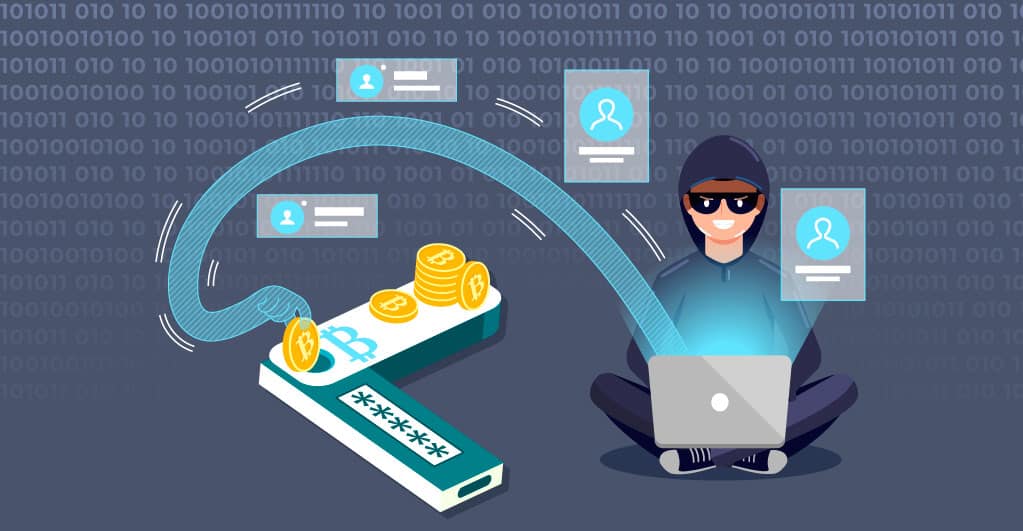The Internal Revenue Service (IRS) is searching for help to break into cardinal currency equipment wallets, as per a record posted on the organization site in March of this current year. Numerous digital currency financial backers store their currency keys, which present responsibility for assets, with the trade they use to execute or on an individual gadget. Nonetheless, a few people need somewhat more security and use equipment wallets—little actual drives that store a client’s keys safely, detached to the web. The law implementation arm of the duty organization, IRS Enquiry, and all the more explicitly its forensic unit, is presently requesting that workers for hire concoct answers for hack into crypto wallets that could be of revenue in examinations, the record states.
According to the reports, the decentralization and obscurity given by cryptographic forms of money have cultivated a climate for the capacity and trade of significant worth, outside of the customary domain of law authorization and administrative associations. There is a part of this cryptographic enigma that keeps on evading associations—millions or billions.
The security of equipment wallets presents an issue for examiners. The archive expresses that organizations might be in control of an equipment wallet as a component of a case. However, they will most likely be unable to get to it if the suspect doesn’t consent. This implies that specialists can’t viably “examine the development of monetary forms,” and it might “forestall the relinquishment and recuperation” of the assets.
That is why the company needs scientists and project workers to approach with answers for hack into equipment wallets. Critically, the organization doesn’t need an oddball arrangement, yet it can dependably use devices in numerous cases going ahead. The report also states that the unequivocal result of this agreement is to tame the online protection examination into estimated, repeatable, predictable advanced crime scene investigation measures that can be prepared and continued in a computerized criminology lab.




